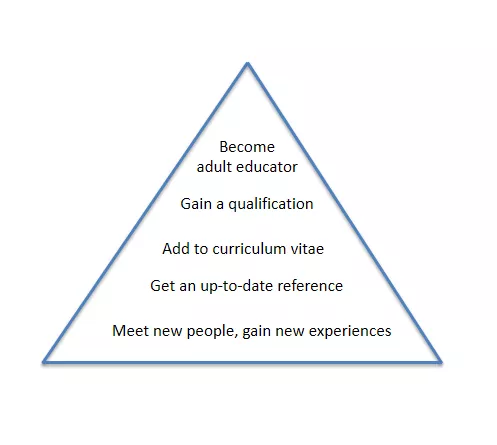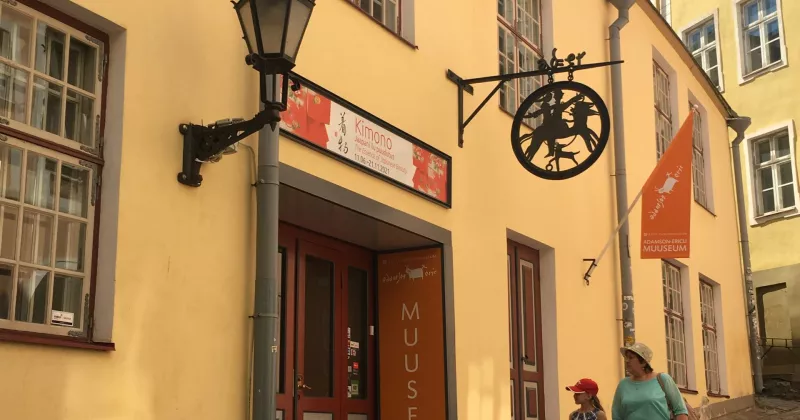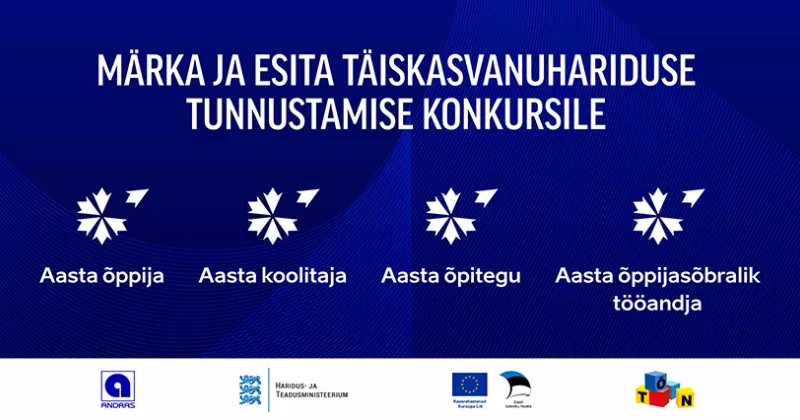Roles and benefits of volunteering: what can we learn from the UK?

EPALE Thematic Coordinator Andrew McCoshan looks at volunteering in the UK and finds it has some useful insights to offer.
The UK is fortunate that volunteering is a well-established activity. It has been estimated that no fewer than 2.7 million people take part at least once a year in what are called ‘formal’ volunteering activities related to education for adults (formal volunteering being unpaid help given through a group, club or organisation). This represents around one in 20 of the adult population. Many more people will take part in volunteering that involves activities with an element of informal learning, such as sporting activities, the arts etc. So the UK is a good place to look for ideas about what volunteering in adult education can involve and the benefits it can bring.
Role of volunteers
Volunteers have an important role to play in education related to basic skills in mathematics and literacy, as well as computing, and also in teaching English as a second language. But they can also support health and well-being education, and education for active citizenship and community participation.
Volunteers play an important role in supporting learners with additional support needs, but there are other roles they can play as well. The Workers’ Educational Association (WEA), which has 3,000 volunteers and 2,000 tutors delivering a wide range of adult education courses, provides a good example of the types of roles both in classrooms supporting learning and in promotion and governance roles in the wider community.
Roles of volunteers – the example of the Workers’ Educational Association
|
It is also important to understand what volunteers are not – or should not – be required to do. Critically, volunteers should not be substitute for professionals. As a typical advertisement for volunteers states: volunteers work under a group tutor and ‘are never responsible for the group, or the content of sessions’. It is also often made clear that volunteers ‘are not carers’.
Benefits of volunteering
Volunteering brings benefits for individuals and their communities. Indeed, we can place these benefits on a graph, as shown below. For individuals, there are benefits like meeting new people, and gaining new experiences, but a key motivation for people to get involved is to make a difference to others and to their local communities. The most important benefits of volunteering are thus shared between people and the places in which they live, helping to build stronger communities.

There are also other individual benefits, which we can see as forming a pyramid. When people first start volunteering, they gain new experiences, and quickly these become new skills that they might be able to add to their curriculum vitae. They might also be able to get a reference to help them in their working lives. In some cases, they may be able to work towards part of or a whole qualification, and use the volunteering experience to test out whether they would like to become a professional adult educator.

Core competences
Volunteers need to possess a range of core competences, just some of which are shown in the box below – there will be many more – these are just those typically found in advertisements for volunteers. They reflect the role volunteers have in supporting learners.
Some core competences for volunteering
… and many others … |
Volunteering itself enables people to further develop these competences. Indeed, volunteers typically receive training before starting, and volunteering can provide an opportunity for such competences to be validated, either in references or as (parts of) qualifications, as noted above, although such processes are often in need of development, as discussed in another blog post.
Growing volunteering from the grassroots
In the UK, the success of volunteering lies in the grassroots. Over many years, institutional arrangements have grown up to support volunteering. Lancashire Adult Learning offers a wide range of volunteering courses and since September 2016 has trained more than 300 volunteers. This year it opened a Volunteer Academy to act as a central hub for volunteering in response to growing demand for volunteers. It also participates in a scheme that offers people the chance to gain credit for their volunteering time that they can ‘spend’ in other organisations: e.g. one Time Credit ‘buys’ a 30-minute guitar lesson at a participating school.
Given the wide range of benefits volunteering can bring, it should be an important part of building the capacity of adult education everywhere. Unfortunately, many countries aren’t as lucky as the UK and do not have a volunteering tradition. But starting small is a key ingredient for success that should offer hope to those looking to activate volunteering in their local adult learning communities.
Andrew McCoshan has worked in education and training for over 30 years. For more than 15 years he has conducted studies and evaluations for the EU, and before that was a consultant in the UK. Andrew is currently an independent researcher and consultant, and Senior Research Associate at the Educational Disadvantage Centre at Dublin City University in Ireland.





Measuring the impact of peer volunteering